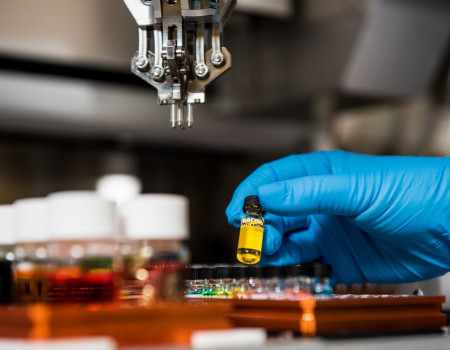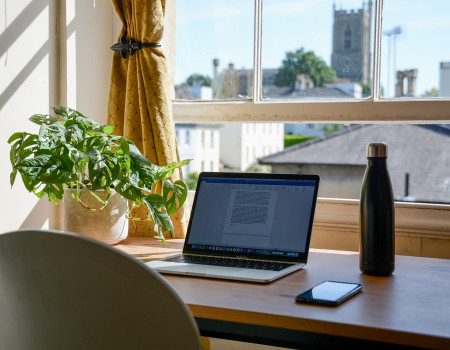Let us first go back 20 years to a time when no one had yet any inkling of the coronavirus pandemic to come. As Anton Thynell of Stanford University told me, a team of researchers has been working for over two decades on Folding@home, a distributed computing project that harnesses the power of computers to conduct scientific work on creating cures for serious medical conditions such as cancers (breast and kidney cancer, among others), viral diseases (hepatitis, Zika virus), and neurological conditions (e.g., Alzheimer’s, Huntington’s, and Parkinson’s diseases).
This year, the team decided on an obvious research goal – to analyze the dynamics of the structures of the SARS-CoV-2 virus protein. As a result, the platform has seen a strong growth in popularity, and many individuals and companies have decided to help the researchers develop the necessary vaccine. Folding@home includes several CPU- and GPU-based simulations aiming to analyze the dynamics and properties of COVID‑19 proteins. If all goes well, Folding@home will provide insight into how drugs can affect the virus, leading to new treatment options.
What does it look like in practice? This is how Anton Thynell describes the work of the scientists:
We study proteins the way one observes a football match. We look at how the proteins look at the start of the game, what the starting position of each ‘player’ is and how they behave. Our simulations show the protein’s folding and unfolding.
Tech Heroes in action!
To make this possible, computing power from personal computers and servers is flowing in from all over the world. Folding@home is breaking performance records – the total performance of the project exceeds the aggregated computing power of the 500 most powerful supercomputers in the world: according to the latest statistics, the project has reached a computing power of about 2.4 exaflops (i.e., it can perform about 2,400,000,000,000,000,000 floating point operations per second).
Polish companies have also become actively involved in the initiative, acting as part of the Poland vs. Covid-19 campaign and the BohaTECH Challenge.





